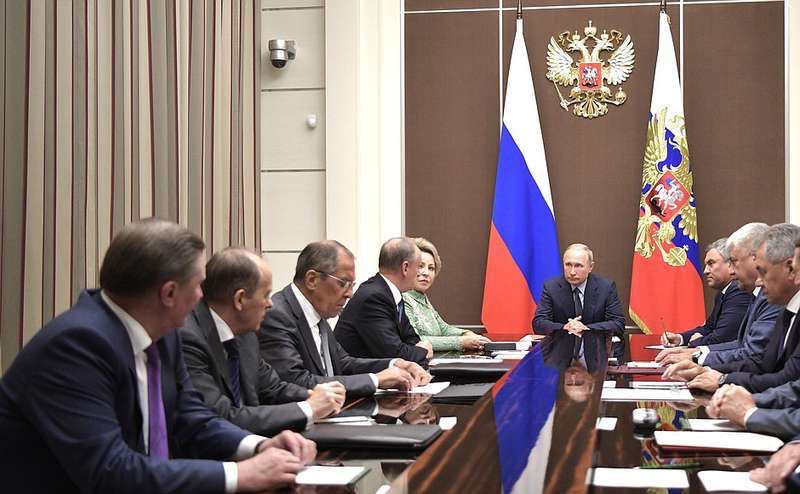geopolitics
-
‘From a Ukrainian perspective, Trump is already in power’
'What is Europe willing to do to protect its own security and defence?' It was the opening question of former top diplomat
... -
Russia's catastrophic geopolitics: Putin is late by a century
International scolars on gepopolitics like the American professor John Mearsheimer don't seem to understand that their
... -
Balts and Russians must change their old school political relationship
For the Baltic states and for Russia it's time to stop fighting yesterday's battles, and look with clear eyes at the world as it is and at each other.Today’s challenge for the Baltic states is to transform their moralist position into a policy that could work.by Kadri Liik -
Putin rules the waves in Russia's sphere of influence
Putin's first public reaction to the crisis in Belarus ultimately proves that countries in Russia's so called 'sphere of influence' are not allowed to have an internal political agenda of their own. If protests in Belarus lead to more independence from Russia and inclination to the West they will be stopped.by Alexander Baunov -
Is the Kremlin intentionally downplaying the threat of the coronavirus?
As of March 24, Russia had reported 658 cases of coronavirus and one (disputed) death. But there is growing speculation in the West over whether official figures can be trusted and whether the Kremlin might be making use of the pandemic to further its own ends. Carnegie Moscow offered three comments by Russian analysts, which we republish. -
After Putin not much will change in Russia's foreign policy
This fall Dmitry Trenin publishes his new book 'Russia', an ultra-concise overview of 120 years of Russia's recent history. On the site of Carnegie he published this summary. -
Russia’s Global Ambitions in Perspective
Many think that Russia's aggressive foreign policy was created by Vladimir Putin. In this report for the Carnegie Endowment for International Peace, Julia Gurganus and Eugene Rumer show that there is nothing new to it. Russia’s quest for strategic depth, great power ambitions, and uneasy ties with the West have been around for centuries and will be with us for the foreseeable future.by Julia Gurganus and Eugene Rumer


